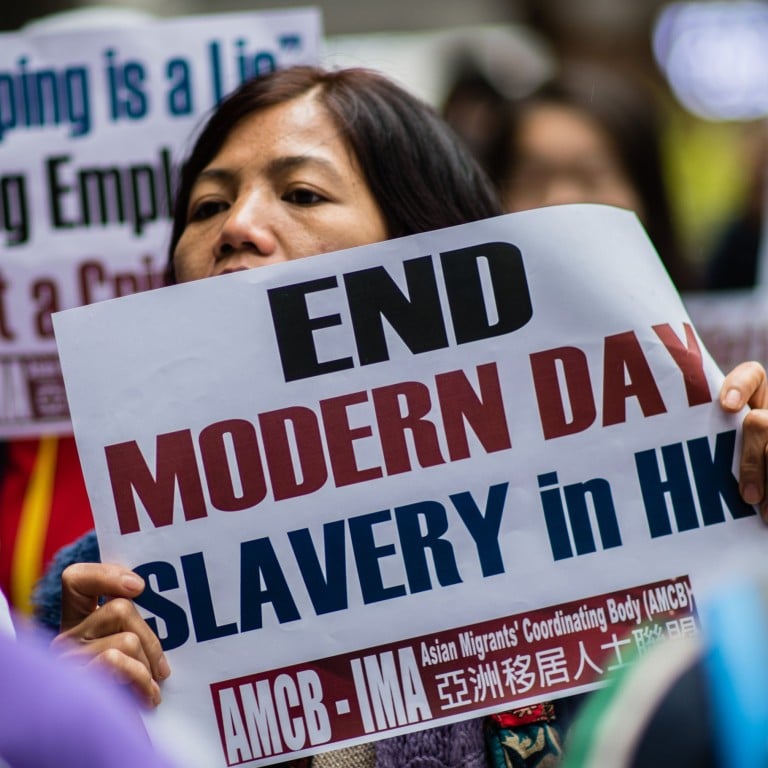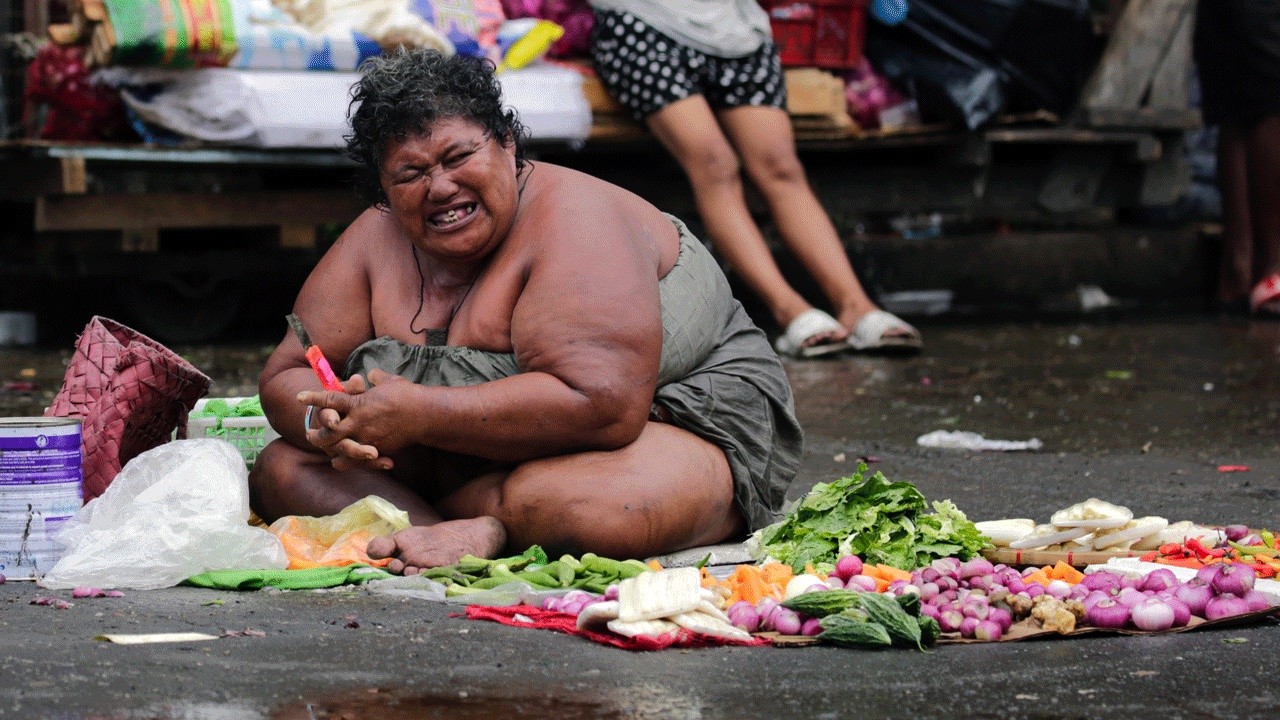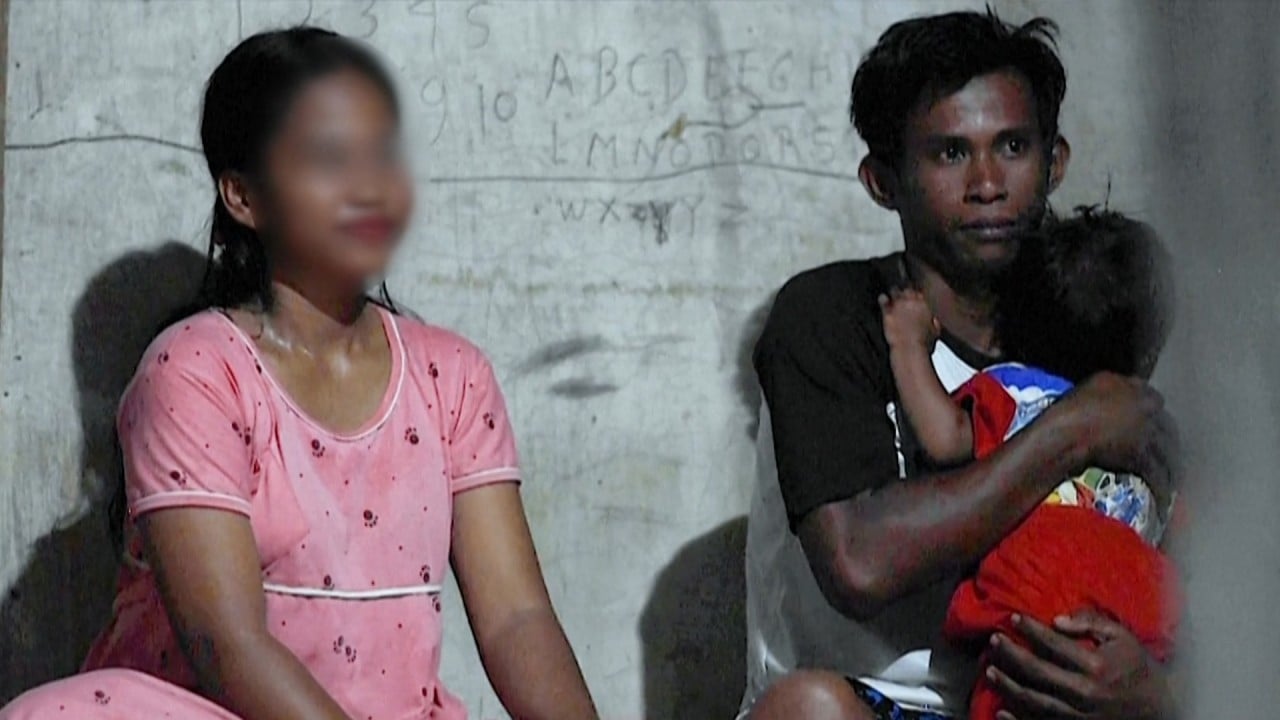
‘Modern slavery’ can best be prevented by focusing on economic growth and education, not lofty UN goals
- ‘Modern slavery’ is terrible, but practices such as forced labour and forced marriage have existed for centuries and hoping to end them is misguided
- Our best bet is to stay alert, develop practices to minimise harm and work on economic growth, good education for everyone and reducing poverty
The World Bank says an extra 75 million to 95 million people are now living in extreme poverty, reversing three decades of progress. Since poverty is a key driver of both forced labour and forced marriage, the authors of the UN report fear that a sharp increase in “modern slavery” will be a lasting legacy of the pandemic.
Unicef and the UN Population Fund have warned that up to 13 million girls will be forced into marriage by pandemic-linked poverty. The Population Fund says that every three months of Covid-19 lockdown has triggered 15 million additional cases of gender-based violence, mostly against women. Save the Children says 452 million children lived in conflict zones in 2020, many of them orphans and severely vulnerable to exploitation.
The UN’s Sustainable Development Goals of eliminating forced labour and forced marriage seem more unreachable than ever.
Forced marriages have jumped particularly sharply, up by almost 6.6 million from 2016 to 2021. Many women are forced into marriage by their own families, and more than 50 per cent of them are married off under the age of 18. The authors were concerned that “forced marriage intersects with forced migration and human trafficking”.
As Bill Gates has said, we need to spend billions in the fight against Covid-19 to prevent trillions of dollars of economic harm, so the UN authors insist: “The estimated US$77.9 billion a year required to ensure a social protection floor in low-income countries pales in comparison with the US$19 trillion mobilised in the global fiscal stimulus response to the pandemic.”
They also call for stronger oversight of ethical recruitment practices, public labour inspectorates, formal protection for those freed from forced labour, special protection for children and ways to compensate our “modern slaves” and punish the perpetrators. They conclude that “international cooperation and partnership are indispensable”.
Lack of unity on climate, pandemic leave little hope for our ‘broken world’
Far from being components of “modern slavery”, the problems of forced labour and forced marriage have been embedded in communities across the world from ancient times. Aiming to purge them seems akin to beauty pageant contestants calling for world peace.
These problems will continue as long as we have wars, con artists, criminal gangs and people facing hopeless poverty. They will thrive among vulnerable migrants forced to flee their homes and communities by climate change and poverty. They will thrive among criminal opportunists who feign offering a helping hand to migrants.
It is valuable for UN agencies to shine a light on such unacceptable practices, but hoping this will purge them must be rather like hoping we can purge the world of flu or Covid-19. The problems will remain endemic, and our best hope is to stay alert, detect cons early, develop practices to minimise harm and work on economic growth, good education for everyone and reducing poverty. Let’s leave world peace to the beauty queens.
David Dodwell is CEO of the trade policy and international relations consultancy Strategic Access, focused on developments and challenges facing the Asia-Pacific over the past four decades



